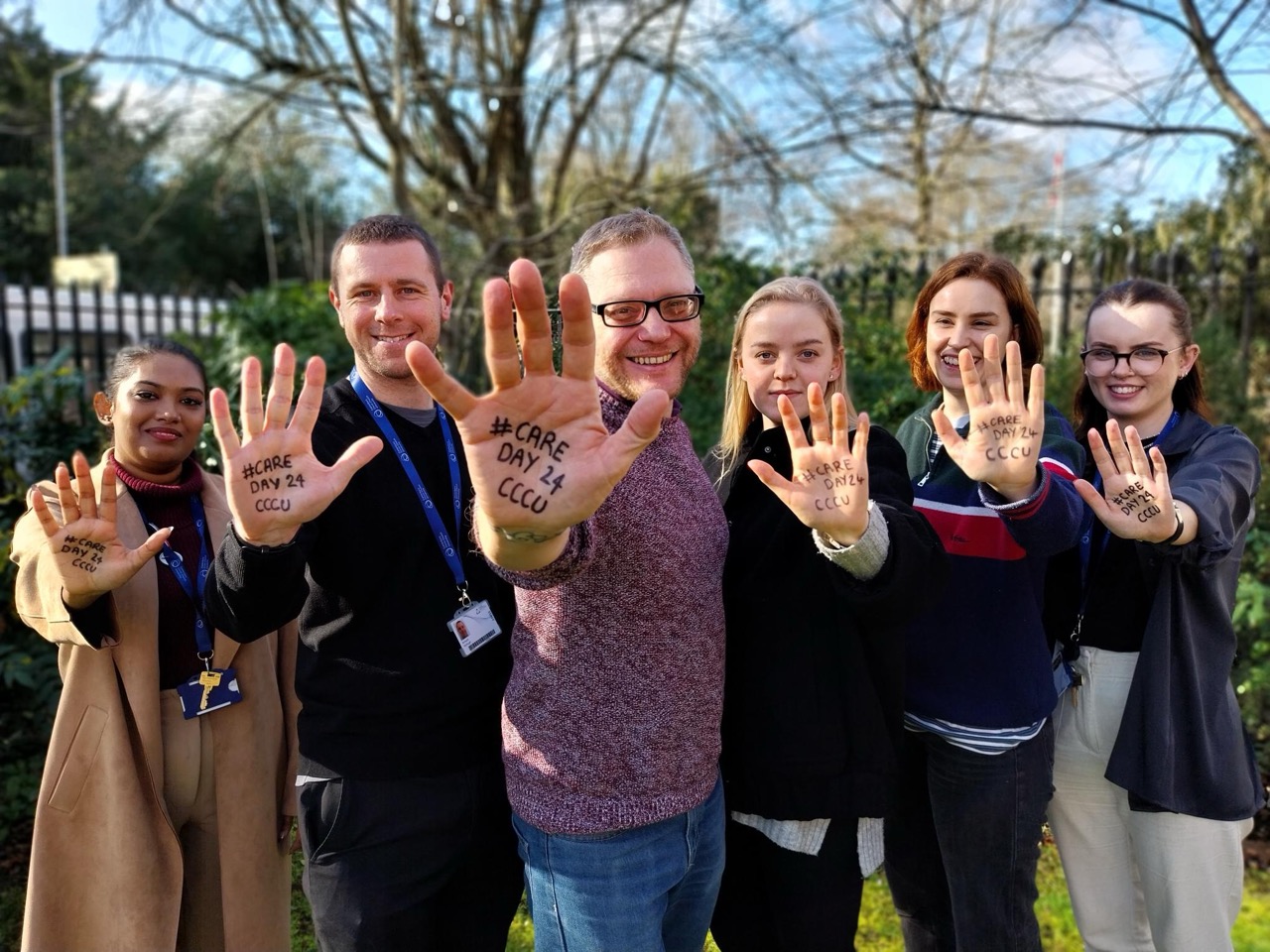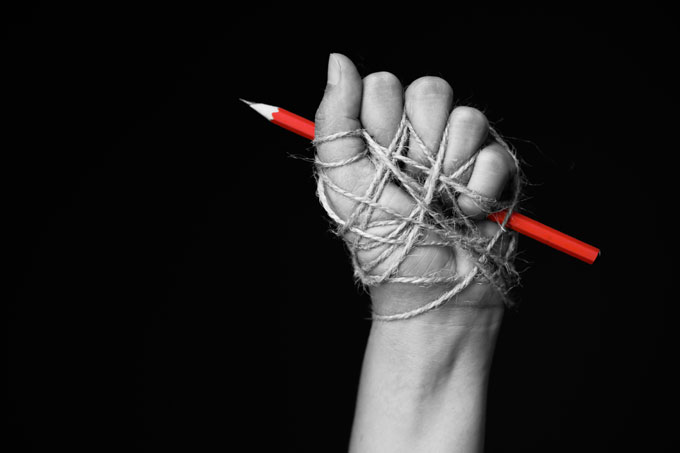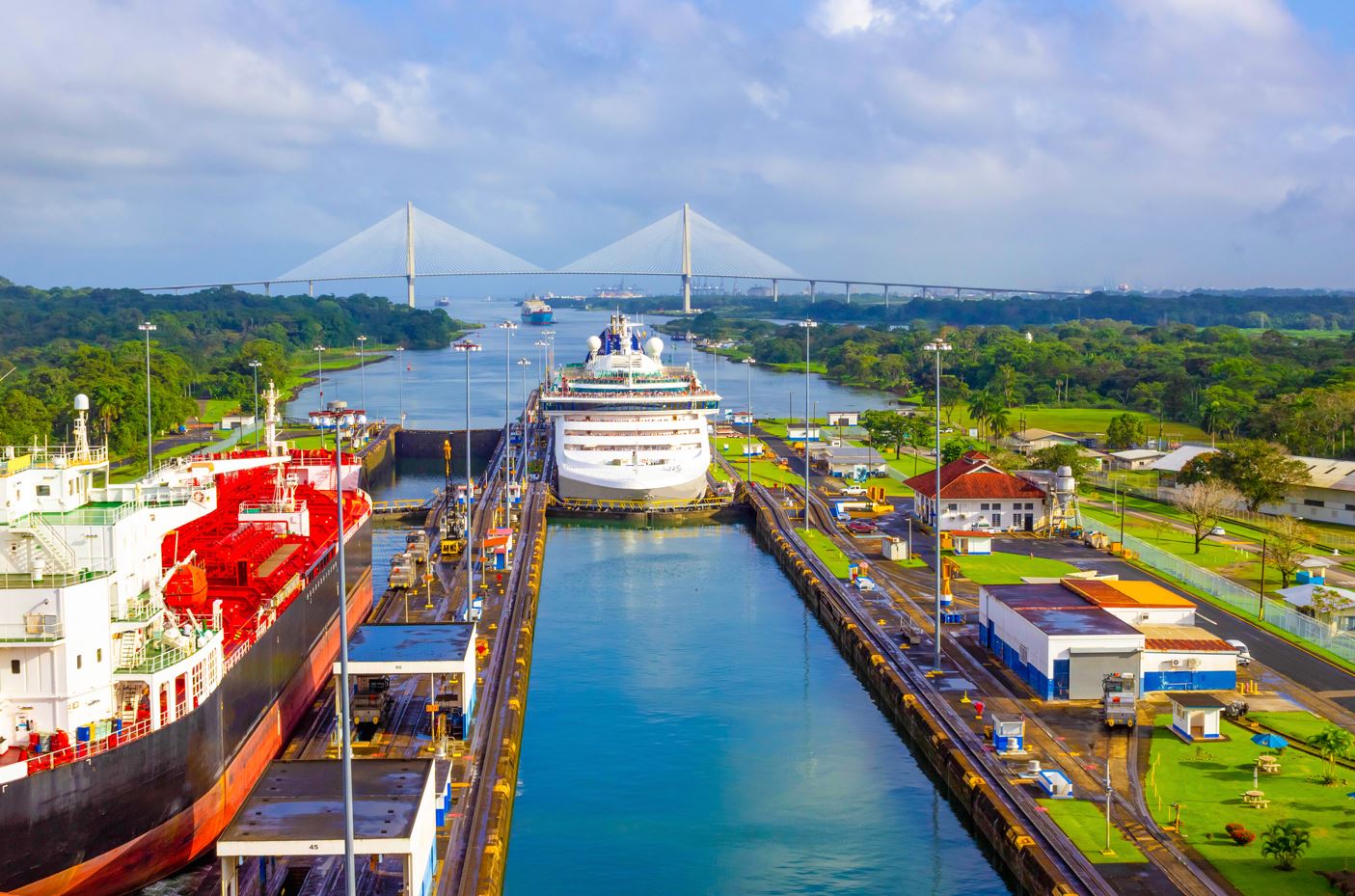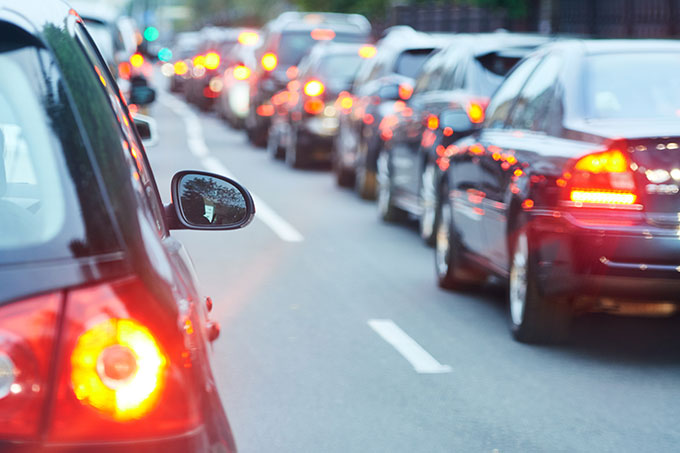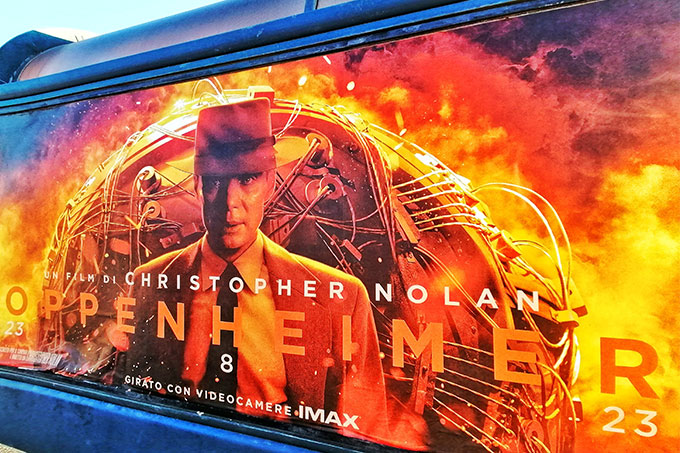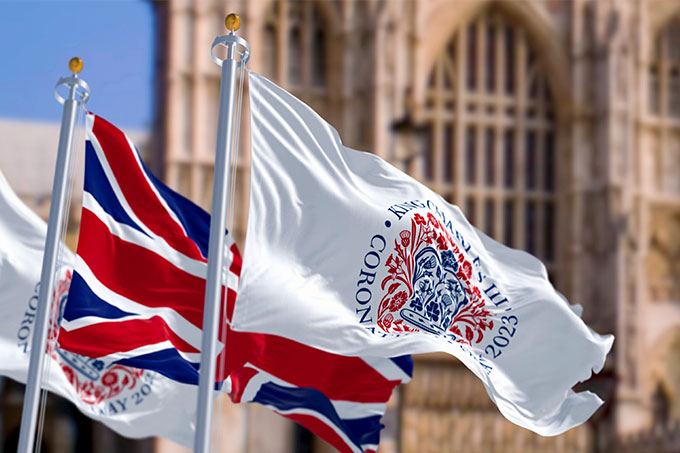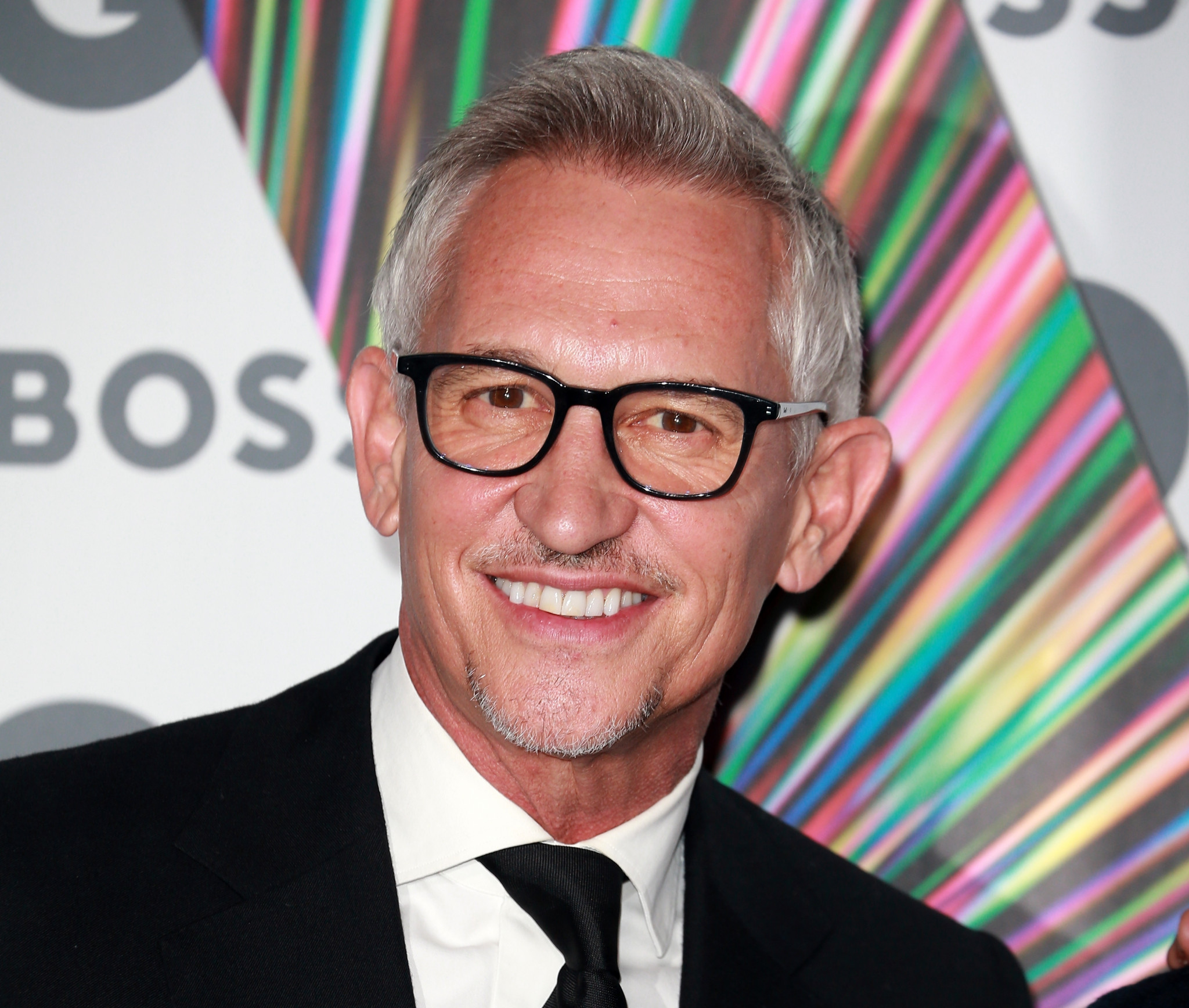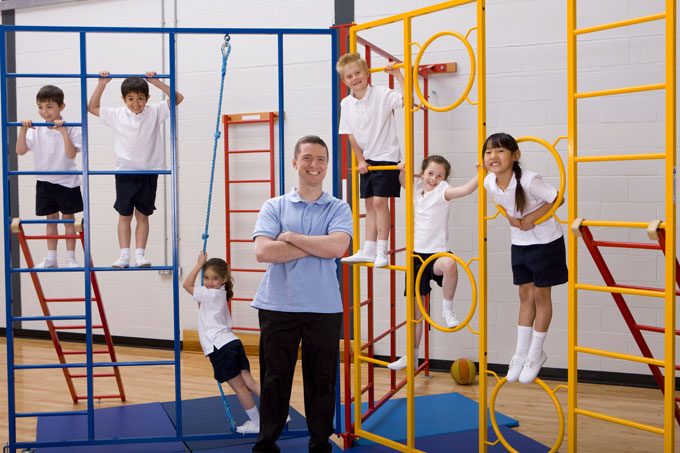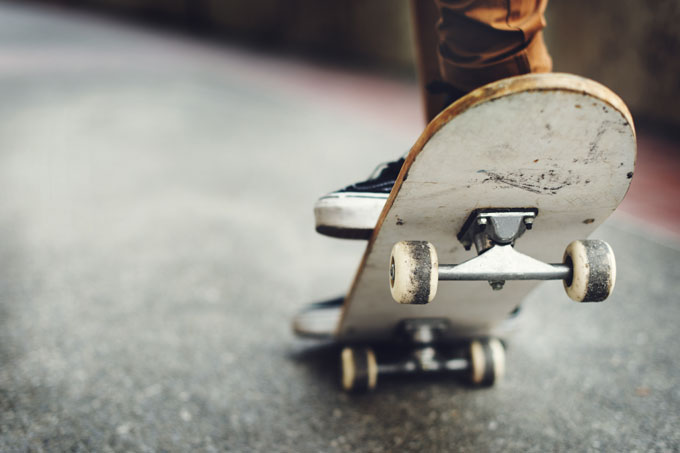Professor Janet Melville-Wisemen explores the campaigns and work that is supporting children and young people that have spent time in the care system and changing the stigma surrounding care experience.
Whistles and sirens: the chilling debate around academic freedom revisited
Dr Chris Beighton continues to explore the debate around academic freedom of speech.
The global supply chain’s double squeeze.
Dr Jake Monk discusses severe drought at one of the world’s most important waterways which is causing major disruption for shipping companies.
Sunak, our car addiction and the mobility myth
Dr Susan Kenyon explains why the government’s association of freedom with car ownership is such a powerful vote winner.
Oppenheimer, nuclear war and education
Zulfi Ali explains how the recent release of blockbuster Oppenheimer should remind academics to take the lead in teaching about the horrors of nuclear war.
The Coronation and the common good
Ahead of the Coronation of King Charles III, Dr Ralph Norman looks at the relationship between the Monarchy, the Established Church and all faiths.
Objectivity and values: a brief comment on the Gary Lineker ‘controversy’
Professor David Bates discusses a recent dispute between Gary Lineker and the BBC following the former footballer’s tweet about the Government’s immigration policy.
Connecting through movement: Children’s Mental Health Week
This Children’s Mental Health Week, Dr Kristy Howells discusses how we can raise awareness both in the class room and at home with meaningful connections, and how this can be developed through sport, physical activity and exercise.
Skate boarding is for life not just for Christmas
Dr Janet Melville-Wiseman explores the messages behind the John Lewis Christmas adverts and how we can take them onboard, especially when it comes to our welcome for care experienced young people.
